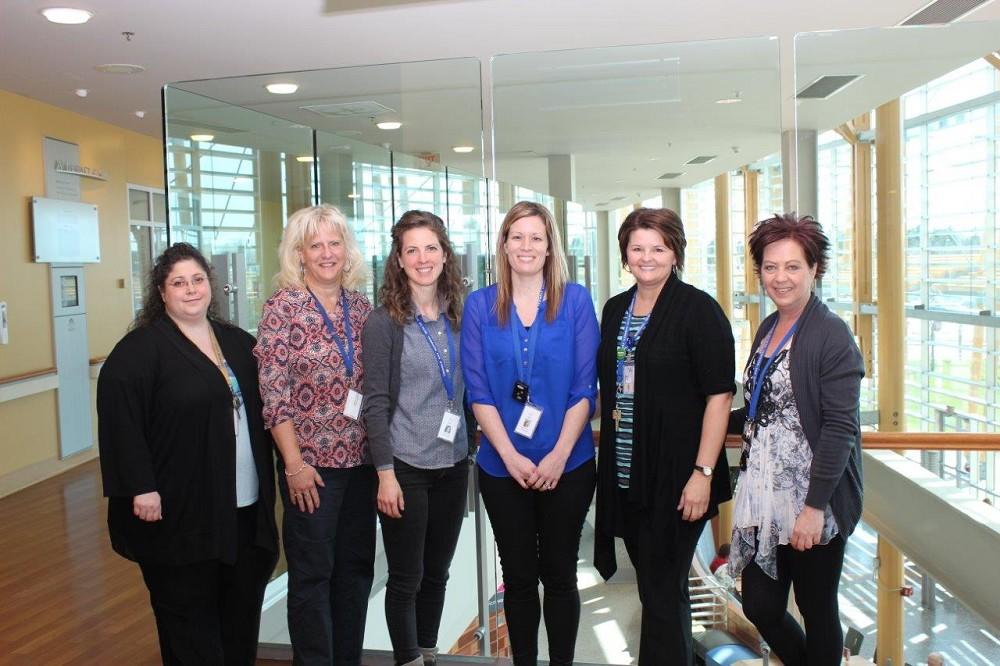Connecting Patients to Urgent Mental Health Care
by Maryanne Matthews
 The Brief Intervention Treatment Team (BITT) helps enhance experiences for mental health patients at the Health Sciences Centre. The team includes professionals from psychiatry, psychology, social work, and nursing.
The Brief Intervention Treatment Team (BITT) helps enhance experiences for mental health patients at the Health Sciences Centre. The team includes professionals from psychiatry, psychology, social work, and nursing.Mental health is a crucial component of health. That’s why acute mental health is one of the priorities in Thunder Bay Regional Health Sciences Centre’s Strategic Plan 2020. It’s a commitment to provide the best level of care for all mental health patients. This means ensuring that no patient falls through the cracks, and that each patient receives the care they need in a timely fashion. So, we’re expanding on an initiative that has proven to enhance experiences for mental health patients.
The Brief Intervention Treatment Team (BITT) includes professionals from psychiatry, psychology, social work, and nursing. BITT provides intervention for people who come to the Emergency Department (ED) in a mental health crisis but are able to remain out of the hospital if they’re given rapid outpatient follow-up. The team works closely with the Mental Health Assessment Team (MHAT) and the Adult Mental Health Inpatient Unit.
Our team continues to provide urgent treatment and intervention for people with mental illness who require immediate assistance or attention to help them avoid hospitalization. Patients no longer have to wait for referrals to psychiatric services. A member of the team can see the patient right away, which streamlines the process and improves outcomes for patients and families.
As we embark on our Strategic Plan 2020, the BITT program is evolving to the next phase of development.
There has already been a decrease in the number of admissions to Adult Mental Health, and a decrease in the number of short-term stays within Adult Mental Health. “We’ve seen a decrease in short-stay admissions to the unit because we’re able to connect patients to services right away,” explained Dr. Peter Voros, Program Director, Adult and Forensic Mental Health. “BITT has also helped improve the continuum of care by ensuring that connections are made for patients to appropriate long-term services in the community and that there is follow-up.”
“The initial goal of BITT was to facilitate timely mental health care for patients in the ED in order to avoid unnecessary admission to the Adult Mental Health Unit,” says Voros. “Moving forward for the next five years, providing quality urgent mental health care remains a top priority. As we enter the second phase of the initiative, we hope to expand the initiative with the ultimate goal of creating a full, separate emergency mental health space.”
While a separate emergency mental health space is expected to be approved by the year 2020, there is a lot of preparation that first needs to take place. Currently, our Adult and Forensic Mental Health team is focused on gathering as much information as possible and researching best practices. Soon, site visits of other well-functioning mental health emergency services will take place so that we can learn from the successes of our industry partners.